hamlet
No longer a newbie, moving up!
- Joined
- Sep 12, 2013
- Messages
- 2,894
- Reaction score
- 435
- Location
- Belgium
- Can others edit my Photos
- Photos OK to edit
I would but i cant xDNot good news for me I wouldn't buy oneI agree, the camera makers always one-up each other from what i've seen. The technology behind the d500 is just the harvest of recent technological advances, we'll see a d500 killer sooner than later, which is nothing but good news for everyone on this forum and beyond.Then it will be out of date, wait for the D500mk2I'll wait until about this time next year. By then something else will be coming out and the D500 will be about a third less. Or maybe I'll wait until the year after that and they will be under $1000. Until then I'm getting the results I want from the bodies I have so I'll probably stick with them.




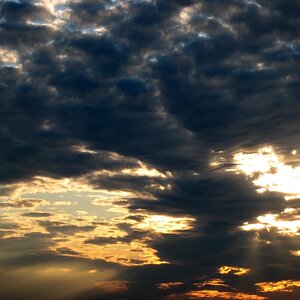
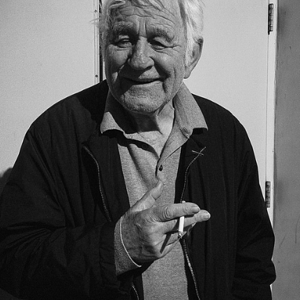
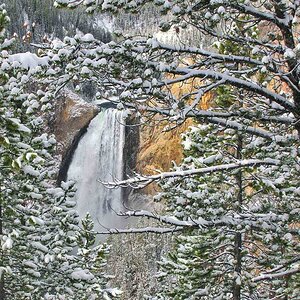

![[No title]](/data/xfmg/thumbnail/37/37092-c446ffb89610a57384a51ac5254beffd.jpg?1619737881)

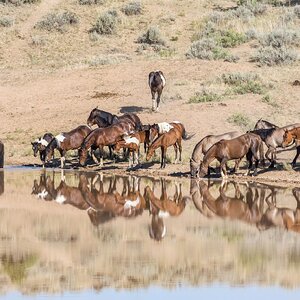

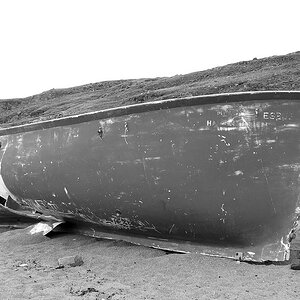
![[No title]](/data/xfmg/thumbnail/39/39491-353a6df9b207e97dadcdce4f98248fcd.jpg?1619739051)